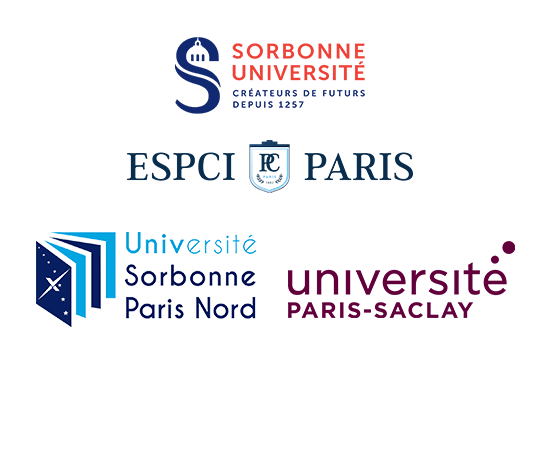PhD position in the Quantum Information Group
Télécom ParisTech – CNRS, Laboratoire Traitement et Communication de l’Information
–Experimental study of side-channel attacks in quantum key distribution systems
–
–Background and Description
-Telecom ParisTech (formerly Ecole Nationale Supérieure des Télécommunications) is one of France’s leading
graduate engineering schools and is considered the leading school in the field of Information Technologies.
-Our team, the Quantum Information Team at Telecom ParisTech (www.iq.enst.fr), is conducting research
on several aspects of quantum information. We have in particular an important activity, both at a theoretical
and experimental level, linked to quantum cryptographic protocols and quantum key distribution
(QKD).
-In the past years, our team has participated to several national or international research projects on QKD,
including the FP6 European project SECOQC, that led to the first European demonstration of a quantum key
distribution network, demonstration in which we were strongly involved, and recently to the French ANR
project SEQURE that was centered around the technology of continuous variable QKD, its improvement and
its integration and deployment in the context of secure link encryption (see www.demo-sequre.com).
-In this PhD work, we will tackle the crucial question of the practical security of QKD systems. Indeed, while
QKD can theoretically be proven absolutely secure, practical implementations may suffer from technological
and protocol-operational imperfections that an attacker could exploit in order to compromise the security of
the key establishment. Effectively addressing these threats, called side-channels, is a major step towards
bringing QKD systems to a maturity level suitable for industrial development and commercial use, and is
now a topic raising a lot of attention in the QKD community.
The goal of the PhD will be to study side-channel attacks in QKD systems implementing both discrete and
continuous-variable protocols. In particular, we will pursue the identification of side-channels in the systems
under function in our laboratory in Telecom ParisTech, implement some attacks enabled by the identified
side-channels, and development suitable countermeasures. The work will be primarily experimental, and will
be conducted in the framework of the FP7 project Q-CERT, a EU-funded cooperation project that unites two
academic partners (Telecom ParisTech, and University of Geneva) and two start-ups involved in QKD
(IdQuantique and SeQureNet). The student will thus benefit from the active exchanges of knowledge
between the academic partners and the start-ups of the consortium, at a local level in Paris, but also between
Paris and Geneva.
–Expected profile
-Candidates should hold a Master Degree in Physics and have a solid background in quantum physics and
optics. Experience in electronics will also be very useful.
The nature of the work will be partly experimental and partly theoretical, with an equilibrium between these
two components that can be adjusted based on the profile and the personal preference of the PhD student.

